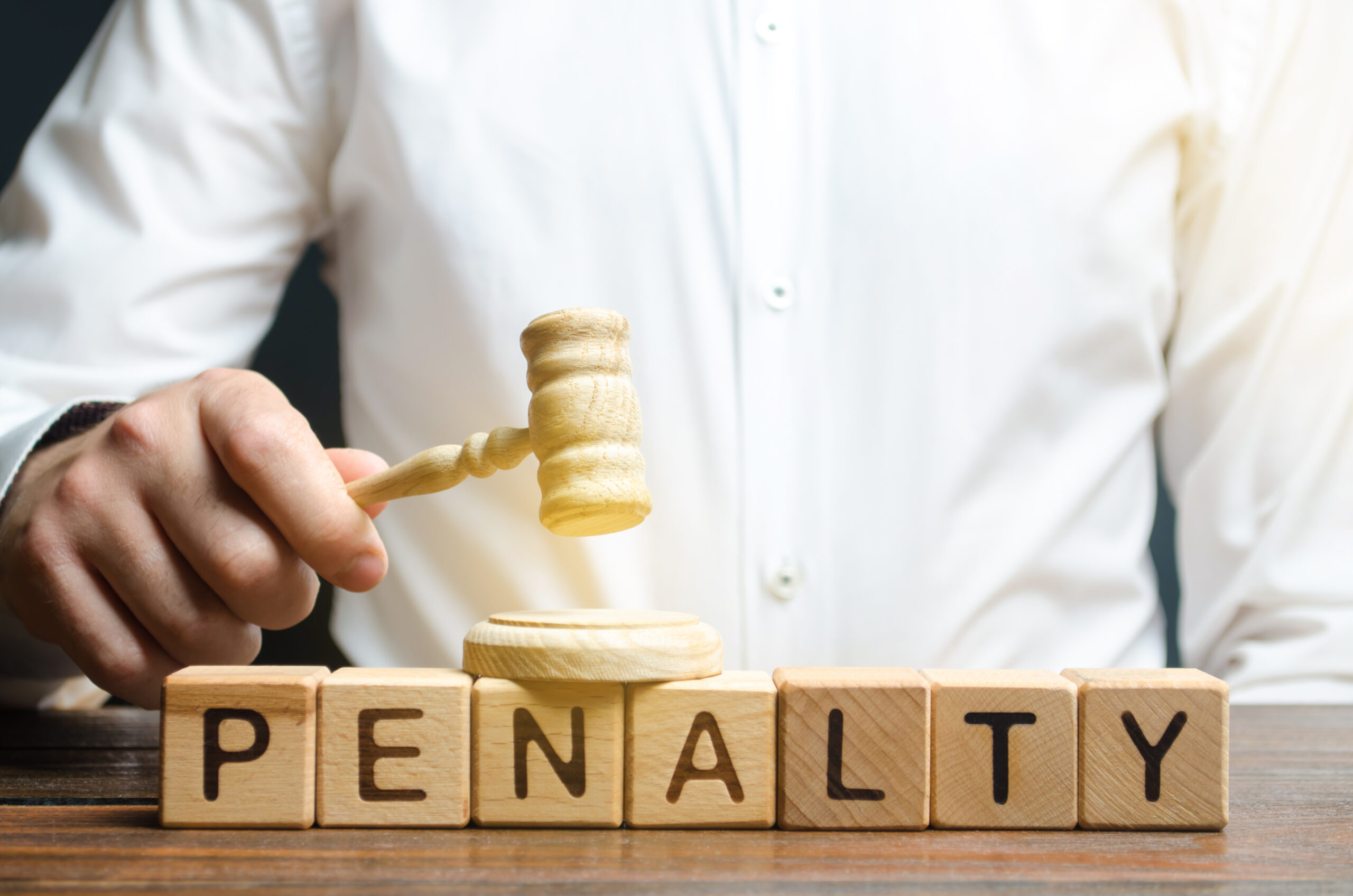There are many reasons businesses fall behind on paying their federal tax liabilities. Falling behind on certain kinds of taxes, sometimes called “trust fund” taxes, may result in the IRS assessing those taxes against the business owners, officers, or other individuals the IRS considers to be “responsible” for ensuring the payment of those taxes.
Federal trust fund taxes include social security taxes, railroad retirement taxes, or collected excise taxes. These IRS labels these taxes as trust fund taxes because these kinds of taxes are taxes that the business holds, from their employees’ wages, in “trust” to pay over to the IRS on the employees’ behalf.
When a business fails to pay these kinds of trust fund taxes, the IRS may assess a “trust fund recovery penalty” (TFRP) against certain individuals to try to collect the tax from those individuals.
The penalty is computed based on the unpaid income taxes withheld plus the employee’s portion of the withheld FICA taxes. For collected taxes, the penalty is based on the unpaid amount of collected excise taxes.
Two factors must be present for the IRS to assess the TFRP: (1) the individual must be a “responsible person” and (2) the individual must “willfully” fail to collect or pay the taxes.
The IRS may determine that more than one person qualifies as a responsible person. If multiple individuals are assessed the TFRP, these individuals are considered jointly and separately liable for the taxes.
A responsible person is a person who has the duty to perform and the power to direct the collecting, accounting, and paying of trust fund taxes. Individuals who may fall into this category include:
- An officer or an employee of a corporation,
- A member or employee of a partnership,
- A corporate director or shareholder,
- A member of a board of trustees of a nonprofit organization,
- Another person with authority and control over funds to direct their disbursement,
- Another corporation or third party payer,
- Payroll Service Providers (PSP) or responsible parties within a PSP
- Professional Employer Organizations (PEO) or responsible parties within a PEO, or
- Responsible parties within the common law employer (client of PSP/PEO).
For willfulness to exist, the responsible person:
- Must have been, or should have been, aware of the outstanding taxes and
- Either intentionally disregarded the law or was plainly indifferent to its requirements (no evil intent or bad motive is required).
The IRS considers the use of available funds to pay other creditors when the business is unable to pay the employment taxes as an indication of willfulness.
Both of these factors must be present for the IRS to assess the TFRP.
If the IRS determines that you are liable for the TFRP, the IRS will mail you a letter stating that it intends to assess the TFRP against you. You have 60 days (75 days if this letter is addressed to you outside the United States) from the date of this letter to appeal the proposed TFRP assessment. (See Publication 5, Your Appeal Rights and How to Prepare a Protest if You Don’t Agree for information regarding the IRS’s appeals process).
If you do not timely respond to the IRS’s letter proposing to assess the TFRP, the IRS will assess the penalty against you and send you a Notice and Demand for Payment. If you do not full-pay the TFRP, the IRS may take enforced collection action against you, including issuing a notice of federal tax lien against your home or other property, taking levy action against your personal assets, including bank accounts, retirement or investment accounts, or wages, or taking foreclosure action against your real property.
If you miss your opportunity to timely appeal the TFRP, there are ways to try to fight the assessment and show the IRS it should not have assessed the TFRP, including submission of an Offer in Compromise (OIC), Doubt as to Liability.
Doubt as to liability exists when there is a dispute as to whether the amount of the tax debt owed is correct or whether the IRS lawfully assessed the tax against the individual. The taxpayer must submit the proper forms to the IRS and provide information and documentation to support their position to demonstrate that they were not an individual responsible for withholding or paying the taxes and/or they did not willfully fail to withhold or pay the taxes. If the individual can show the IRS that they should not have been assessed the TFRP, the IRS may withdraw its TFRP assessments against the individual.
The IRS generally must stop levy action against the individual after the IRS receives the individual’s OIC, Doubt as to Liability, and withhold levy action until it makes its determination regarding the OIC, Doubt as to Liability.
Individuals may benefit from the assistance of an experienced tax attorney in appealing a proposed TFRP assessment or submitting an OIC, Doubt as to Liability. If you need assistance with these matters, please feel free to contact the attorneys at our firm to discuss resolution of your case through the appeals or OIC process.

